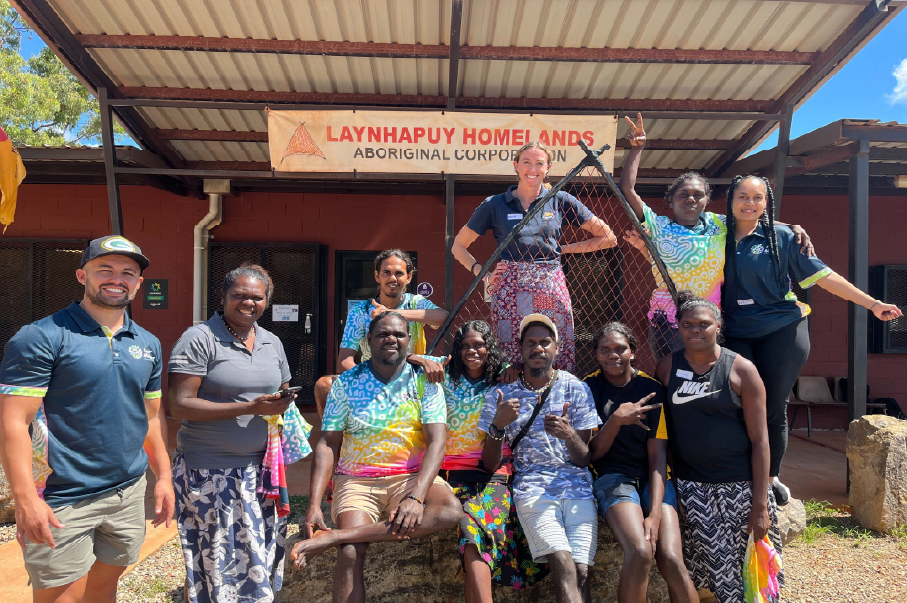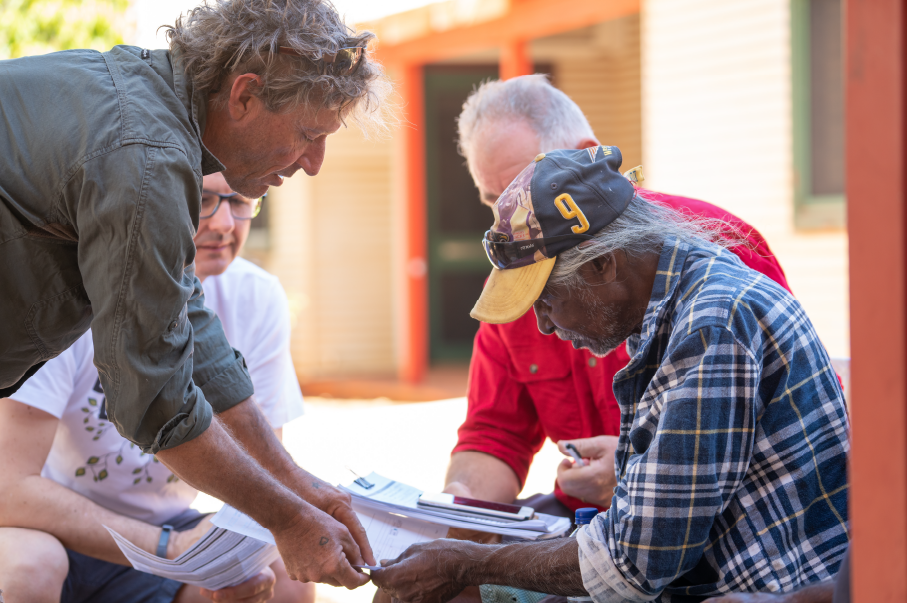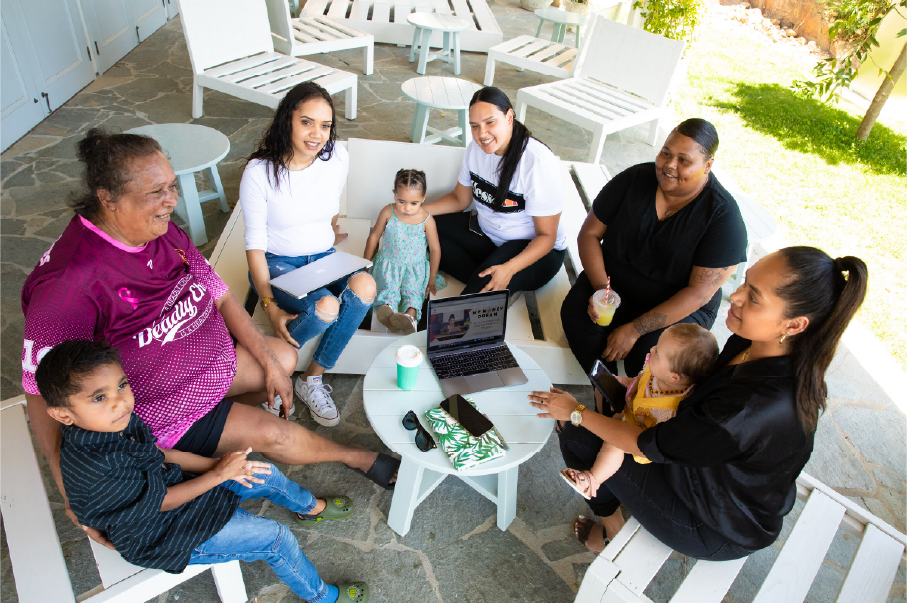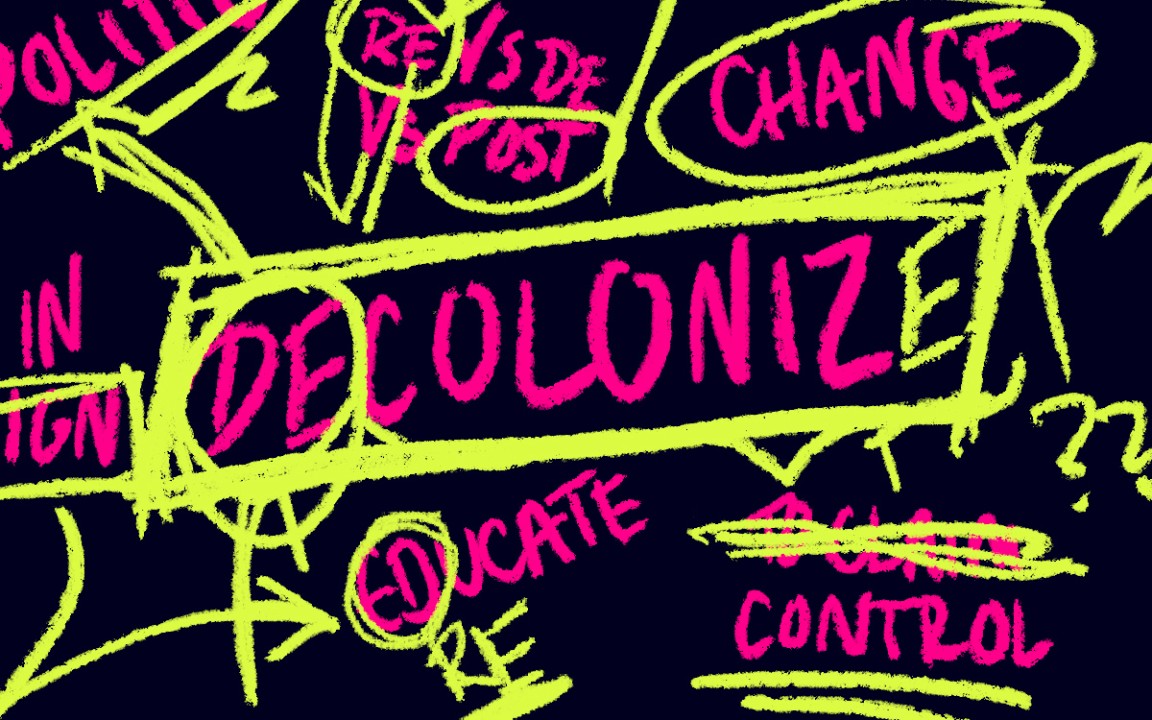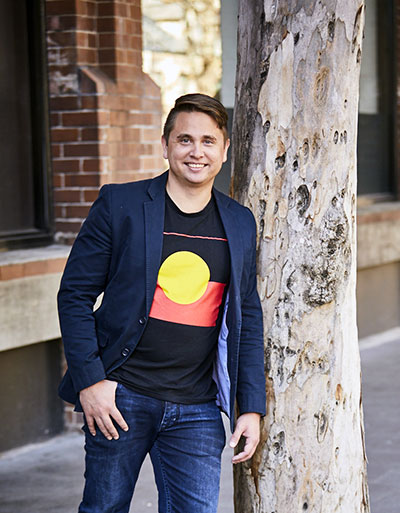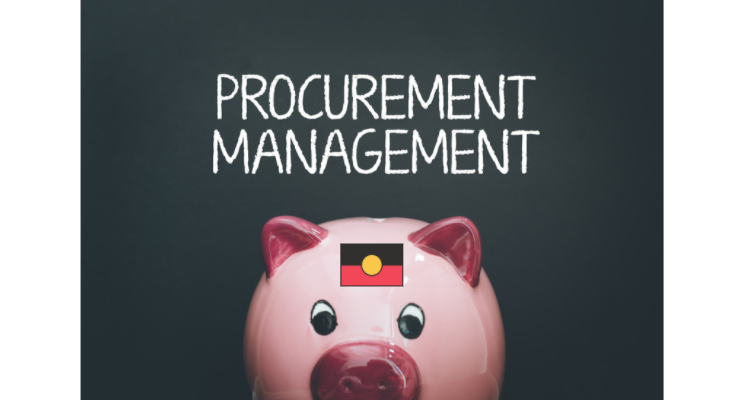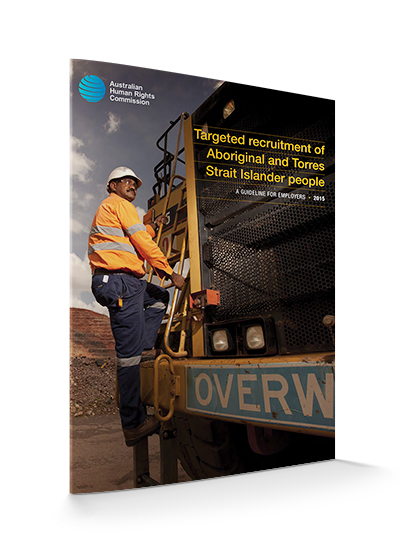Govt committee examines the 'untapped potential' of Aboriginal and Torres Strait Islander businesses
THE Federal Government's Joint Standing Committee on Aboriginal and Torres Strait Islander Affairs (JSCATSIA) has commenced a new inquiry into improving the economic self-determination and opportunities for First Nations Australians.
The committee is interested in learning about opportunities and impediments to training, employment and business development, as well as building the economic and social infrastructure to support economic prosperity in the long term.
Government data shows the Aboriginal and Torres Strait Islander business sector is made up of more than 12,500 businesses, according to First Australians Capital Limited, and is estimated that their revenue is growing significantly faster than the SME sector.
Indigenous Business Australia also noted the rise in First Nations business ownership growing to 4.5 percent in 2021 and narrowing the difference to less than half of the rate of non-First Nations people who run their own businesses.
The University of Melbourne’s Indigenous Business Snapshot Study, which examined data over a 10 year period, highlighted that there has been a 74 percent increase in the number of Indigenous businesses, 115 percent growth in gross income, more than 22,000 jobs created, and Aboriginal and Torres Strait Islander businesses contributed at least $4.88 billion to Australia’s economy.
Committee Chair, Mutthi Mutthi and Wamba Wamba Senator Jana Stewart said, "Aboriginal and Torres Strait Islander businesses have been exceeding all expectations, but unfortunately, their impacts have gone largely unnoticed by past governments. 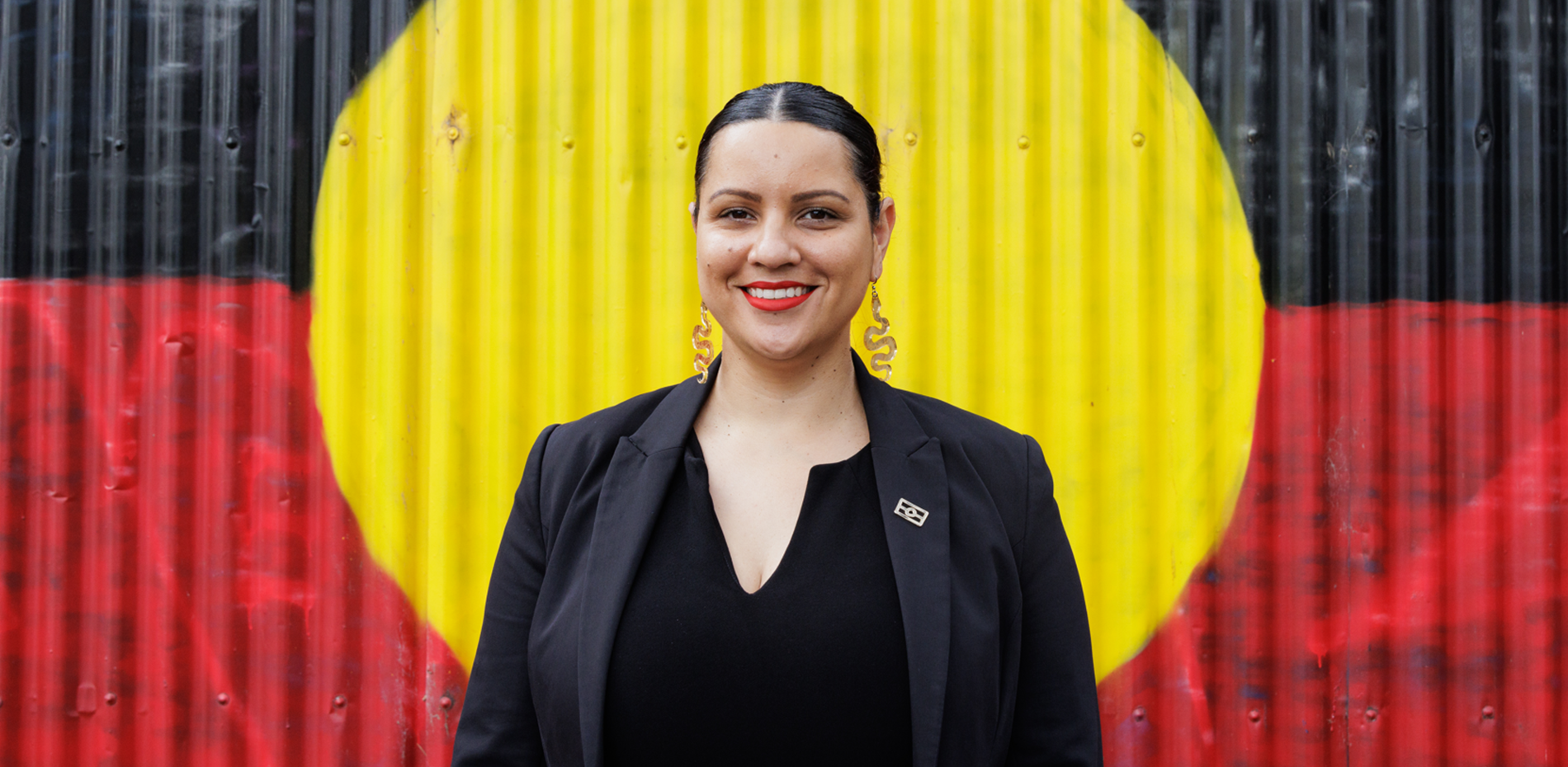
"They are creating significant benefits for First Nations Australians; generating and growing economic prosperity as well as contributing to the wider Australian economy. Blak-owned businesses are at the heart of creating a new generation of business owners who are growing networks, assets and long-term prosperity.
"Access to economic opportunities and participation in financial self-determination for First Nations people have far-reaching benefits. It is fundamentally important that we investigate the opportunities for improved training, employment and business development to support the Aboriginal and Torres Strait Islander industry and create economic, social and cultural benefits."
The committee will also explore the untapped potential of leveraging Aboriginal and Torres Strait Islander intellectual property, the Indigenous Estate and First Nations skills, and also examine the experiences of First Nations communities intergenerationally and around the world in fostering economic independence.
The committee is welcoming submissions from interested individuals and organisations by Friday May 24.
Further information on the inquiry, including the terms of reference and how to contribute, is available on the committee’s website.
ends
ends

